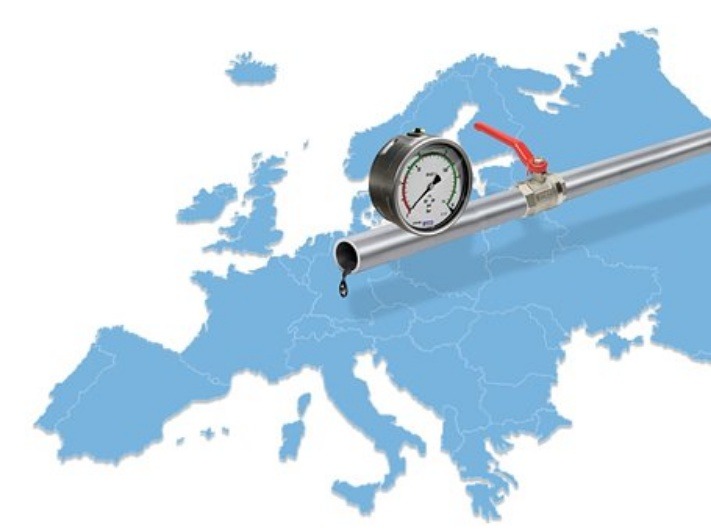Russell Hardy, the CEO of the largest independent oil trading company in the world, Vitol Group, has asserted that high global demand and limited availability are likely to cause oil prices to swing between $90 and $100 per barrel over the upcoming six months.
Hardy asserted that in 2023, the global oil demand would hit a record high, and there is a minimal opportunity on the supply side to accommodate this growth. This two million two hundred thousand barrel per-day surge is driven primarily by increased demand for diesel, kerosene, and liquid gas.
High oil demand should occur at the end of this decade due to rapid decarbonization.
The main American shale oil producer Pioneer Natural Resources also predicts that the price of this energy will reach $100 per barrel by the end of the year, writes Bloomberg.
JP Morgan anticipates Brent crude will not hit $100 a barrel until 2023, barring another major geopolitical incident that could disrupt the markets.
Russian crude oil production should regain its footing by June. However, elevated prices will likely bar the United States from restocking its strategic oil reserves.
Goldman Sachs anticipates Brent crude oil will reach the $100-per-barrel mark by the end of 2020, a notable difference from their prior prognosis, which had the value reaching $100 at some point in mid-2023.
The UAE is not leaving OPEC after all
The news of an internal debate in the United Arab Emirates about the prospect of leaving the Organization of OPEC, published by the Wall Street Journal on Friday, triggered a drop in oil prices. Benchmark Brent oil lost 2.8 percent of its value for a moment.
After Abu Dhabi officials anonymously denied the information, prices recovered and even rose, causing Brent oil to trade at approximately $86 per barrel by the end of the day, according to OilPrice.
The eventual exit of the UAE from OPEC would leave the country free to increase production and boost supply at the expense of oil prices. At the same time, considering leaving the group of oil-producing countries could also mean that the gap between the UAE and Saudi Arabia is deepening due to the war in Yemen.
















